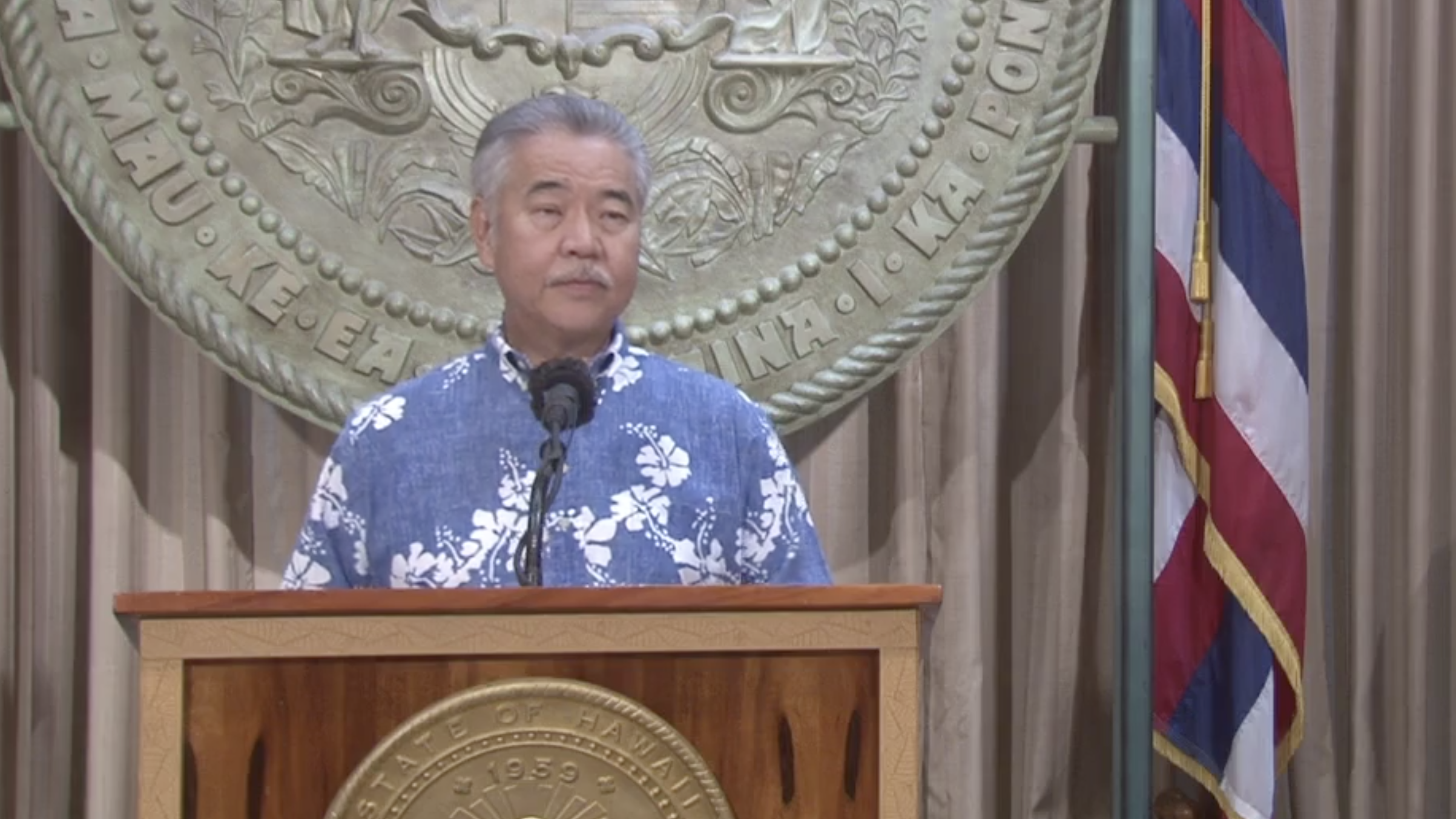The state rebuffs unions’ request to work out details of vaccine policy
Posted: August 5, 2021
Gov. David Ige announced Thursday he is using his emergency powers to require state and county employees to show proof of COVID-19 vaccinations by Aug. 16 unless they can provide medical or religious exemptions. The governor’s latest proclamation (Section III, p. 5) states that employees who cannot attest to being fully vaccinated, which is stated to include two weeks after the final dose, must be tested once or twice weekly at the discretion of the relevant state department. If a free testing site is not used, employees must cover any testing costs. They may also be restricted from official travel.
Our concerns and questions remain unanswered
Last month, the Hawaii State Department of Education (HIDOE) estimated close to 80% of teachers had already been vaccinated. While HSTA continues to encourage members to get vaccinated, there are individuals who cannot be vaccinated for medical or religious reasons, and will therefore be subject to additional requirements. As their employment could be in jeopardy, their rights need to be protected. We also have numerous unanswered questions over the implementation of a vaccine mandate. The proclamation, which the state published five hours after the governor’s announcement, did not provide any specifics on the implementation process. During his news conference, Ige said that his administration is “working through” the details.
Our key concerns include:
- No qualifications were provided for a religious or medical exemption, nor procedures for how to apply and obtain such an exemption.
- A mandate is more likely to penalize those living in rural or remote areas who cannot easily access testing sites. State leaders have promised to expand this availability, yet no plans were provided.
- Insurance does not always pay for the cost of COVID-19 testing, and that additional cost burden would then fall upon those needing to test weekly.
The governor opted to suspend portions of Hawaii’s collective bargaining law pertaining to negotiations, consultation, written agreements, enforceability, cost items, and prohibitive practices to establish the vaccine mandate. However, he did not suspend the portion of the collective bargaining law that says “public employees have been granted the right to share in the decision-making process.” Our repeated attempts to collaborate went unanswered.
Hawaii’s public sector unions have submitted a demand for impact bargaining and we hope to quickly resolve implementation issues through that process. We stand ready and willing to immediately meet to negotiate these impacts with the employer.
We can’t afford to lose any more qualified teachers
Hawaii continues to be plagued by a teacher shortage crisis. The governor and HIDOE say it’s especially important that schools remain open, despite surging COVID-19 transmission, because students need their teachers. We fear a vaccine mandate without employee protections will cause even more of our educators to leave the profession, leading to more keiki without highly qualified teachers.
Furthermore, the governor and HIDOE claim that schools are safe because strict protocols and core essential and additional mitigation strategies are being implemented. Yet many of our school facilities lack adequate fresh air ventilation and suffer from insufficient spacing to assure everyone can remain socially distanced. These are important issues that need to be resolved, and establishing a vaccine mandate is not enough.

